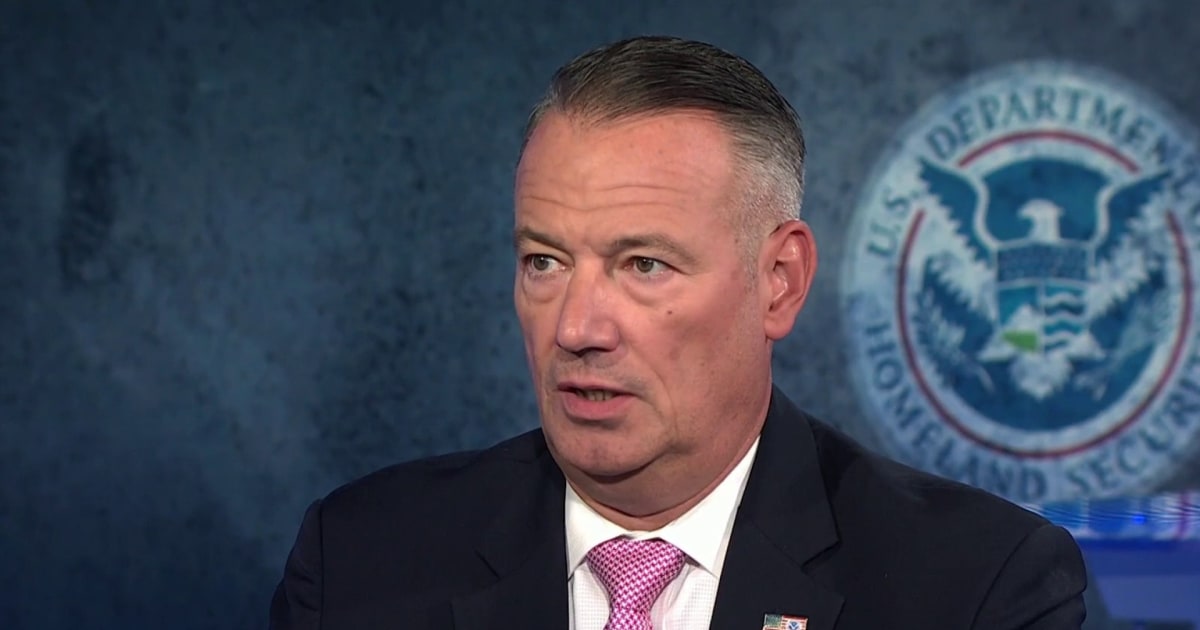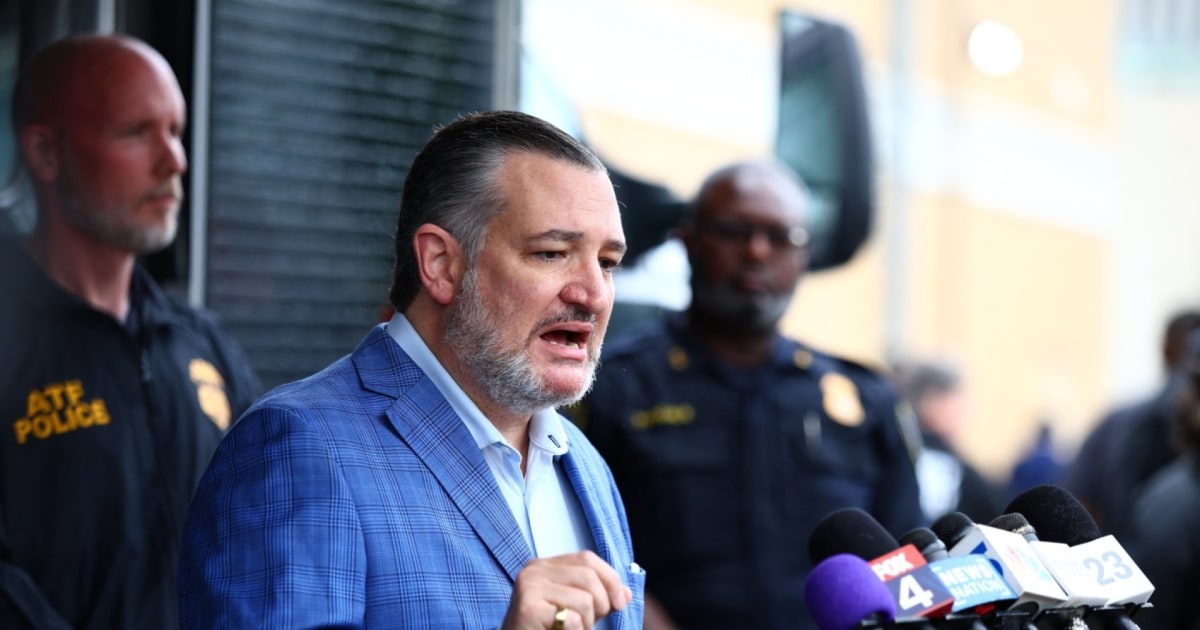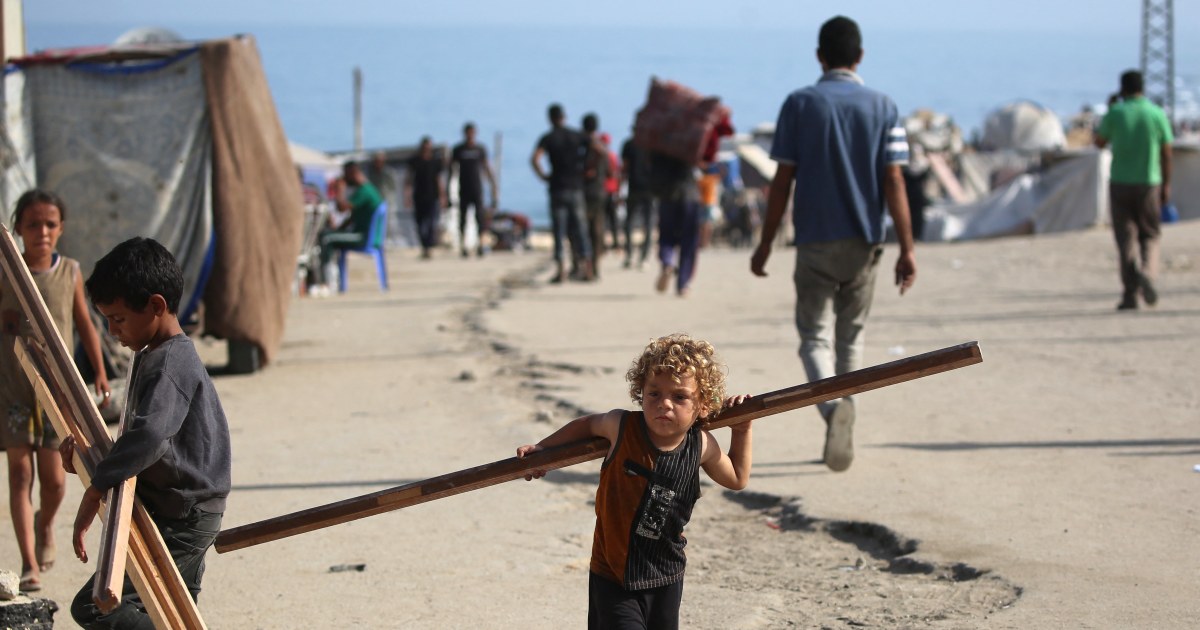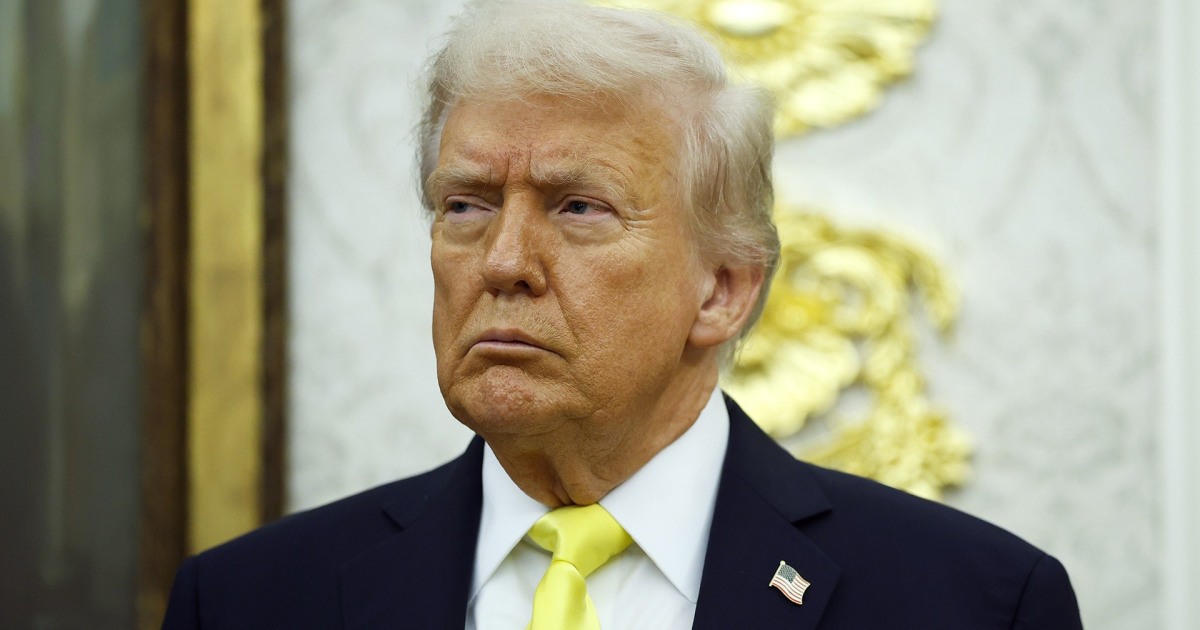NBC News’ Tom Llamas spoke with acting ICE Director Todd Lyons about the shooting at a Dallas Immigration and Customs Enforcement facility that left one person dead. He said the situation was his “worst nightmare.”
Source link
ICE director says Dallas facility shooting was his 'worst nightmare'




